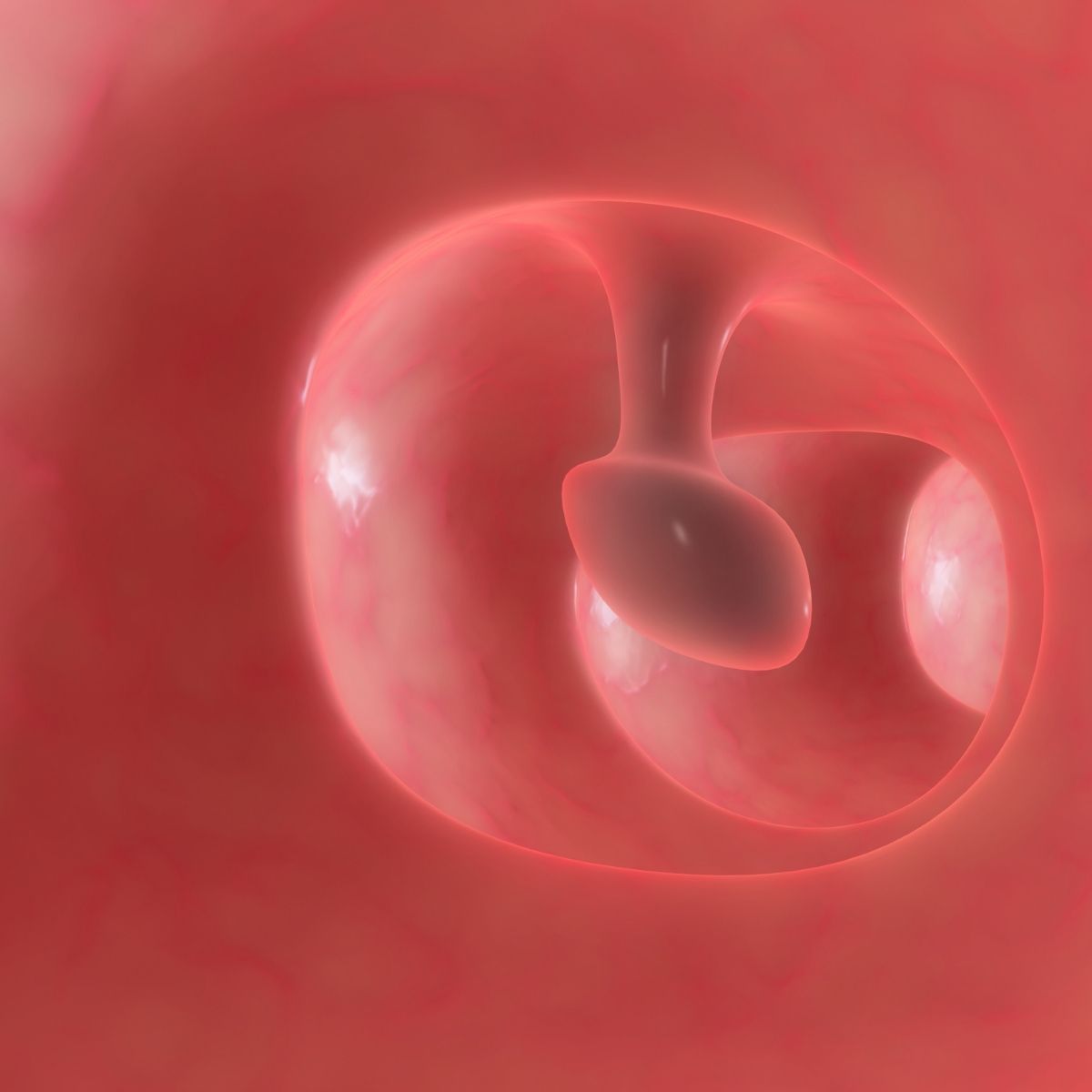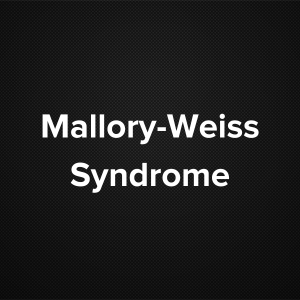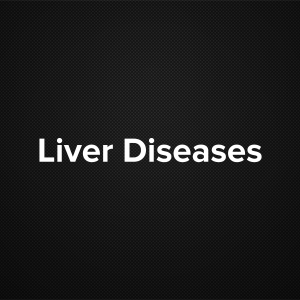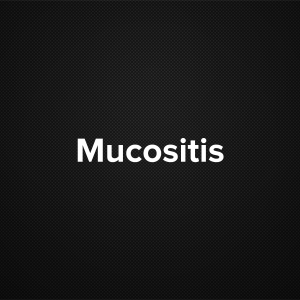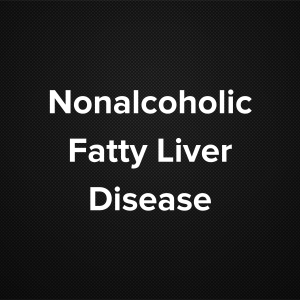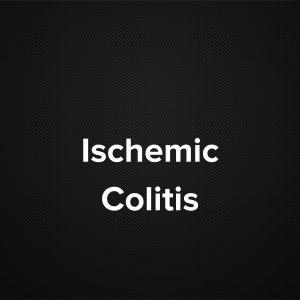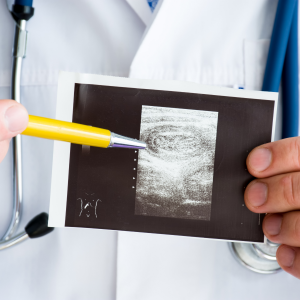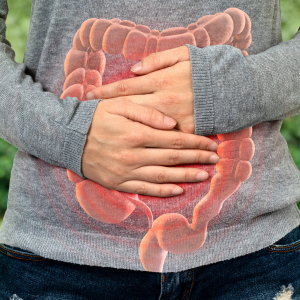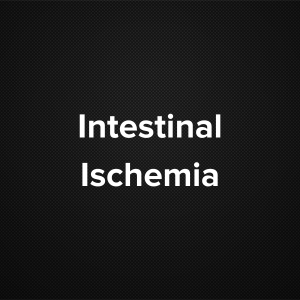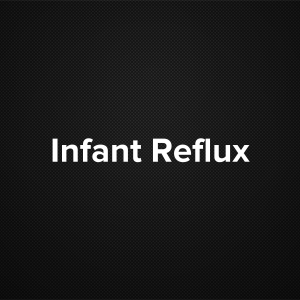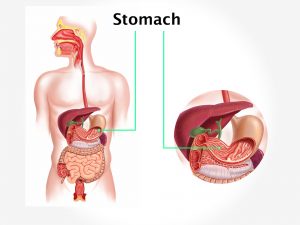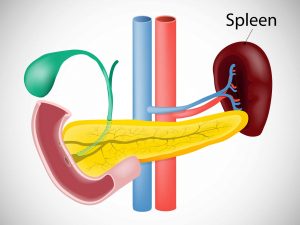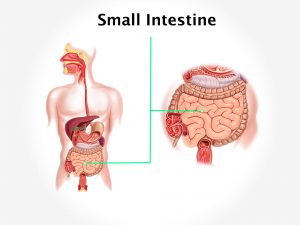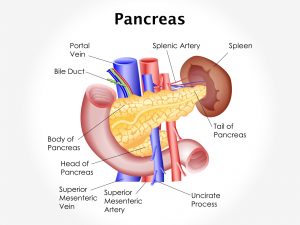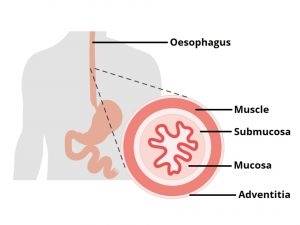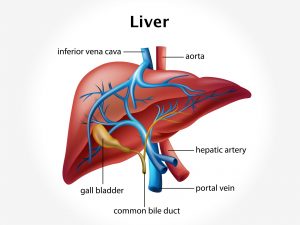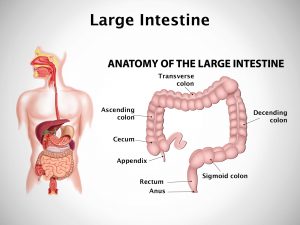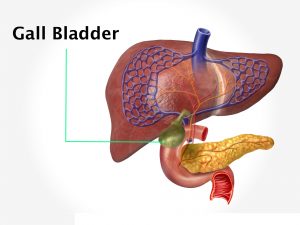Causes and risk factors
Exact cause of polyp is unknown. But gene mutations can cause uncontrolled cell division causing polyps. Risk factors for colon polyp are age above 50 years, family history of polyp, past history of ovarian or uterine cancer, history of inflammatory bowel disease, tobacco smoking, obesity, lack of exercise, high alcohol intake, and uncontrolled type II diabetes. Hereditary disorders that cause polyps are lynch syndrome, FAP – familial adnomatous polyposis, MYH associated polyposis, Peutz Jeghers syndrome.
Clinical presentation
There are 3 types of colon polyps – hyperplastic, adenomatous, and inflammatory. Hyperplastic are common in descending colon and rectum. They are rarely malignant. Adenomatous is a common type and can be malignant. Inflammatory is related to the inflammatory bowel disease such as crohn’s disease or ulcerative colitis. Most of the times it is asymptomatic but it can produce symptoms such as abdominal pain, diarrhoea, constipation, rectal bleeding, bloody stools, and bowel obstruction in case of large polyps. In Severe cases colon polyps can lead to colorectal cancer.
Investigation
Medical history by the patient and Clinical examination by the doctor helps in diagnosis. Other investigations include stool routine, stool occult blood test, barium enema, colonoscopy, CT, MRI scan, stool DNA test.
Treatment
Small pedunculated, sessile polyps are removed during colonoscopic examination called as polypectomy. Endoscopic mucosal resection is done in case of large or multiple polyps those associated with other disorders.
Other Modes of treatment
The other modes of treatment can also be effective in treating Colon polyps. Homoeopathy is a science which deals with individualization considers a person in a holistic way. This science can be helpful in combating the symptoms. Similarly the ayurvedic system of medicine which uses herbal medicines and synthetic derivates are also found to be effective in treating Colon polyps.
